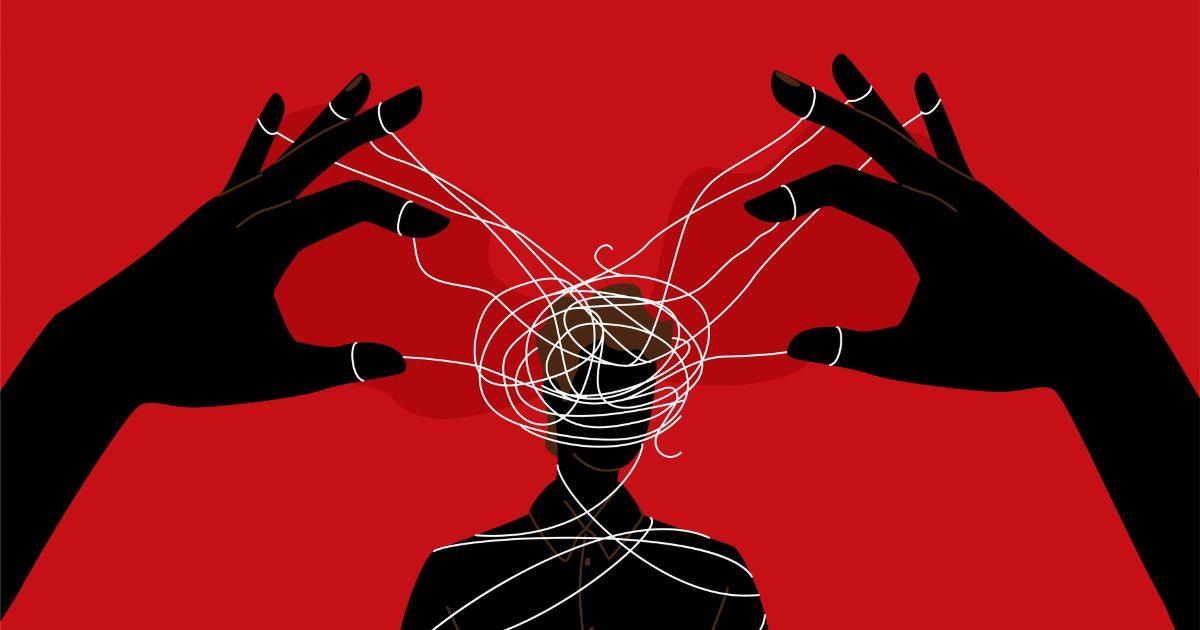In the realm of psychology, the prevalence of narcissism is a widely accepted notion that often goes unquestioned, even among professionals in the field.
However, a closer examination of the available research challenges this assumption and highlights the need to take narcissism seriously as a psychological phenomenon.
The idea that narcissism is rare seems to have its origins in the clinical population, where individuals with narcissistic personality disorder (NPD) seek professional help.
However, it’s crucial to recognize that this clinical subset may not accurately represent the prevalence of narcissism in the general population.
Many individuals with narcissistic tendencies never seek therapeutic intervention, leading to an incomplete understanding of the true scope of the issue.
When we delve into the actual statistics, a different picture emerges. The notion of narcissism being rare is based on limited data, primarily derived from clinical samples. A more comprehensive perspective considers the broader population.
For instance, a 2008 study involving 34,653 adults reported a lifetime prevalence of NPD ranging up to 6.2%. Even earlier studies, drawn from community samples, suggested estimates as high as 14.73%. These findings challenge the notion of narcissism as a rare occurrence in society.
Furthermore, it’s essential to consider not only full-fledged NPD but also the spectrum of narcissistic traits that may not meet the complete diagnostic criteria for the disorder. These subclinical traits can still have a significant impact on individuals and their relationships.
Research, such as a 2021 meta-analysis of 437 studies, reveals that narcissistic traits are associated with various forms of aggression, even when they fall short of a formal NPD diagnosis.
This implies that narcissistic traits can harm individuals and society at large, irrespective of whether they constitute a diagnosable disorder.
One crucial aspect of understanding the prevalence of narcissism is distinguishing between clinical and subclinical cases. While we have estimates for the prevalence of NPD in clinical populations, we lack comprehensive data on individuals who exhibit narcissistic traits without meeting the full criteria for the disorder.
This gap in knowledge raises questions about the overall impact of narcissism on society and the necessity of addressing narcissistic traits as a potential concern.
To gain a deeper insight into the complexities of narcissism, it is essential to consider both its clinical and subclinical manifestations.
Clinical NPD is characterized by a pervasive pattern of grandiosity, a need for admiration, and a lack of empathy. However, individuals can exhibit narcissistic traits without meeting all the criteria for diagnosis.
These traits may include an exaggerated sense of self-importance, a constant need for validation, and a lack of consideration for others’ feelings.
Understanding the spectrum of narcissism is crucial because it affects not only individuals but also their interactions and relationships. Individuals with narcissistic traits, whether clinical or subclinical, often struggle with maintaining healthy connections with others.
Their need for constant admiration and tendency toward aggression can disrupt social harmony and emotional well-being.
To address the prevalence of narcissism comprehensively, researchers and clinicians must acknowledge both the clinical and subclinical aspects of the phenomenon.
This multifaceted perspective enables a more nuanced understanding of the impact of narcissism on individuals and society as a whole.
In conclusion, the notion that narcissism is a rare trait has been perpetuated without a thorough examination of the available research.
The prevalence of narcissism, particularly when considering subclinical traits, is far more significant than previously assumed.
Acknowledging this broader spectrum of narcissism is essential for developing effective interventions and strategies to address its impact on individuals and society.
By taking narcissism seriously, both in clinical and subclinical forms, we can work toward promoting healthier relationships and psychological well-being for all.


























